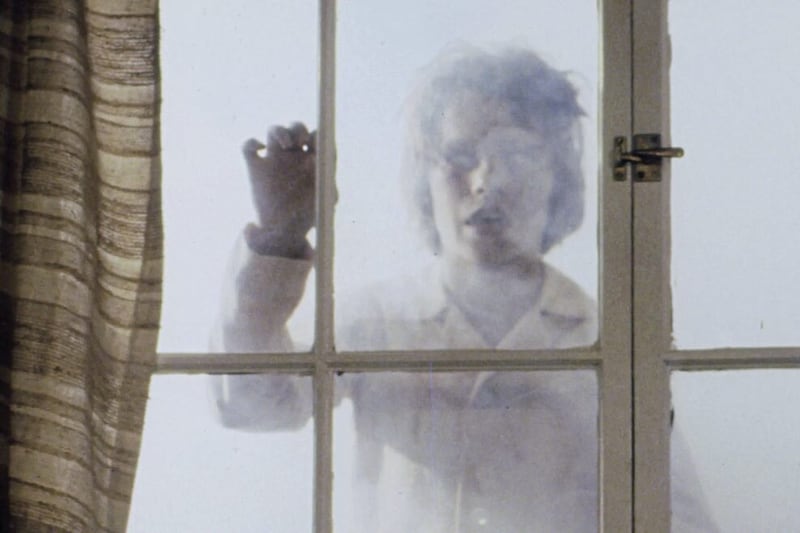IT MAY be 40 years old but Taxi Driver has lost none its power to shock.
If anything, director Martin Scorsese’s tale of a drifting Vietnam War veteran losing his grip on reality in New York City seems an even more direct and challenging piece of film-making today than it must have appeared when it first hit cinema screens in 1976.
Robert De Niro, in what might just be a career best performance, is Travis Bickle, an ex-Marine who spends his lonely days frequenting porno cinemas and his insomnia-blighted nights working as a New York cabbie.
Most of his time, though, seems taken up by his growing obsession that the world has gone to hell in the proverbial handcart. His one bright light of hope comes in the form of Betsy, a worker on the presidential campaign of Senator Charles Palatine.
Our hopeless loner becomes obsessed with Betsy but after an unsavoury episode he turns his attention to a child prostitute called Iris who he decides to “save” from her lifestyle at all costs. It almost goes without saying that all these roads to possession and obsession lead to ruin for the increasingly crazed Bickle.
Bleak and believable with a look and feel all its own, it’s a film that seeps into your consciousness like a stain that just won’t shift. Quality oozes from its every pore.
There’s the stylish and highly stylised direction of Scorsese for a start. Impressively assisted by cinematographer Michael Chapman, he frames his story like a love letter to New York’s sleazy underbelly.
The almost surrealistic sequences where Bickle cruises the neon lit streets of the city are dreamlike and almost impossibly beautiful in a downbeat kind of way. There’s something utterly miserable but undeniably alluring about the darkest corners of the city and the director captures that perfectly.
If Scorsese provides the vision then it was screenwriter Paul Schrader who provided the meat. In his creation of Bickle lies the black soul at the film’s core. Using his own experiences of living in the city while at his lowest ebb he sketches a truly unhinged central figure who might just be capable of doing the most awful things imaginable.
De Niro milks the tension relentlessly throughout and, clichéd as it may seem now, that “ You talking to me” sequence where Bickle indulges in a little back chat with his mirror image whilst practising his gun moves remains one of the most powerful portrayals of a damaged mind ever committed to celluloid.
Then, of course, there’s the sparse, jazzy score of Hitchcock collaborator Bernard Hermann to consider. As dislocated as Bickle himself it’s a masterful piece of work that the composer tragically completed on the very day he passed away. It adds hugely to the uneasy vibe that exists throughout.
Above it all, though, Taxi Driver is film packed with great performances. De Niro is shockingly real as the doomed Bickle, Jodie Foster unforgettable as Iris and Cybill Shepherd coolly effective as Betsy.
Add to that memorable turns from Harvey Keitel, Peter Boyle and Albert Brooks and it’s easy to see why this film has survived the passing decades so well.
It’s a dark and dread-laden viewing experience for sure but an oddly prescient and wildly impressive one as well.
As powerful a piece of art in 2016 as it must have been in 1976.







